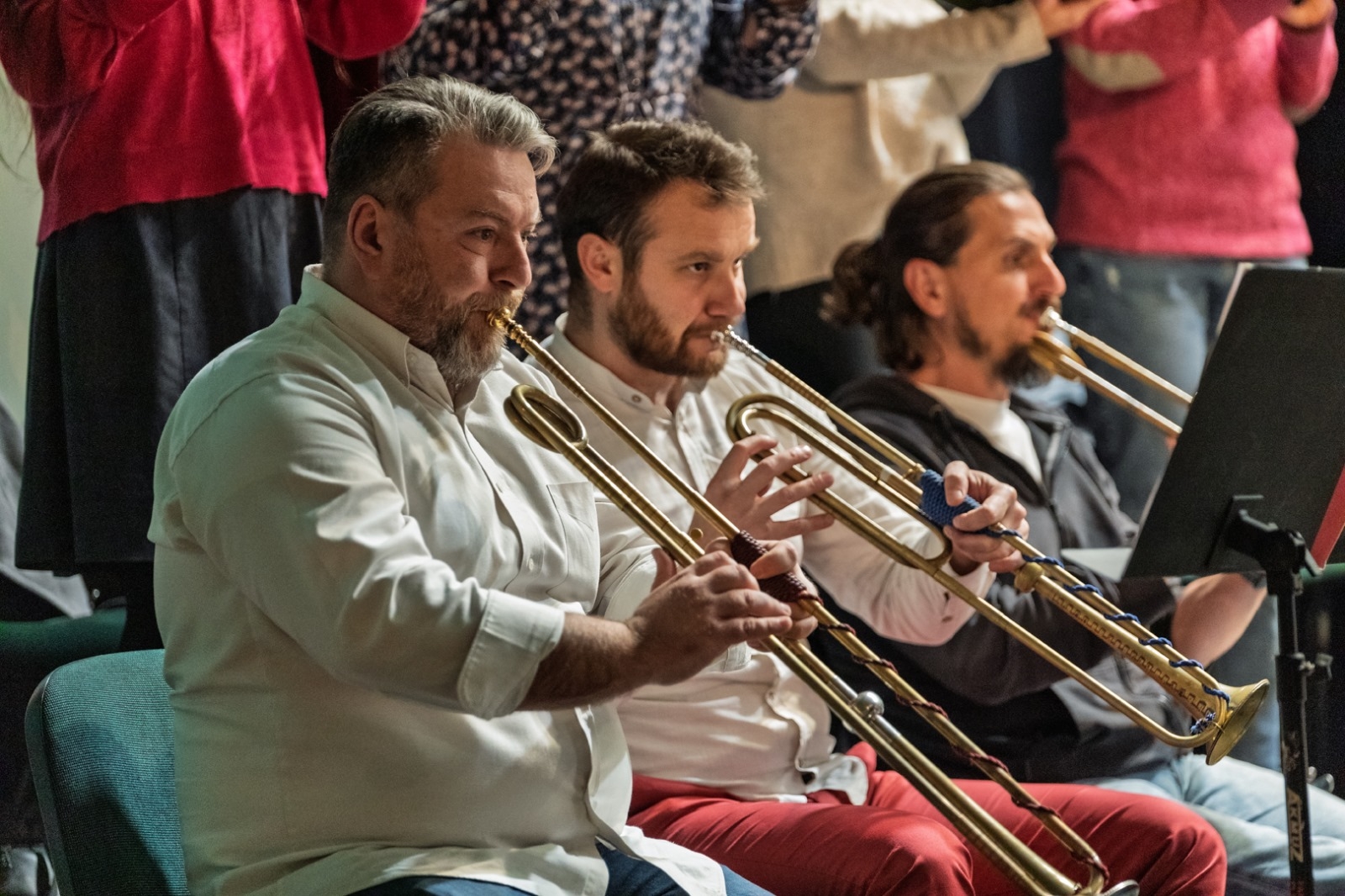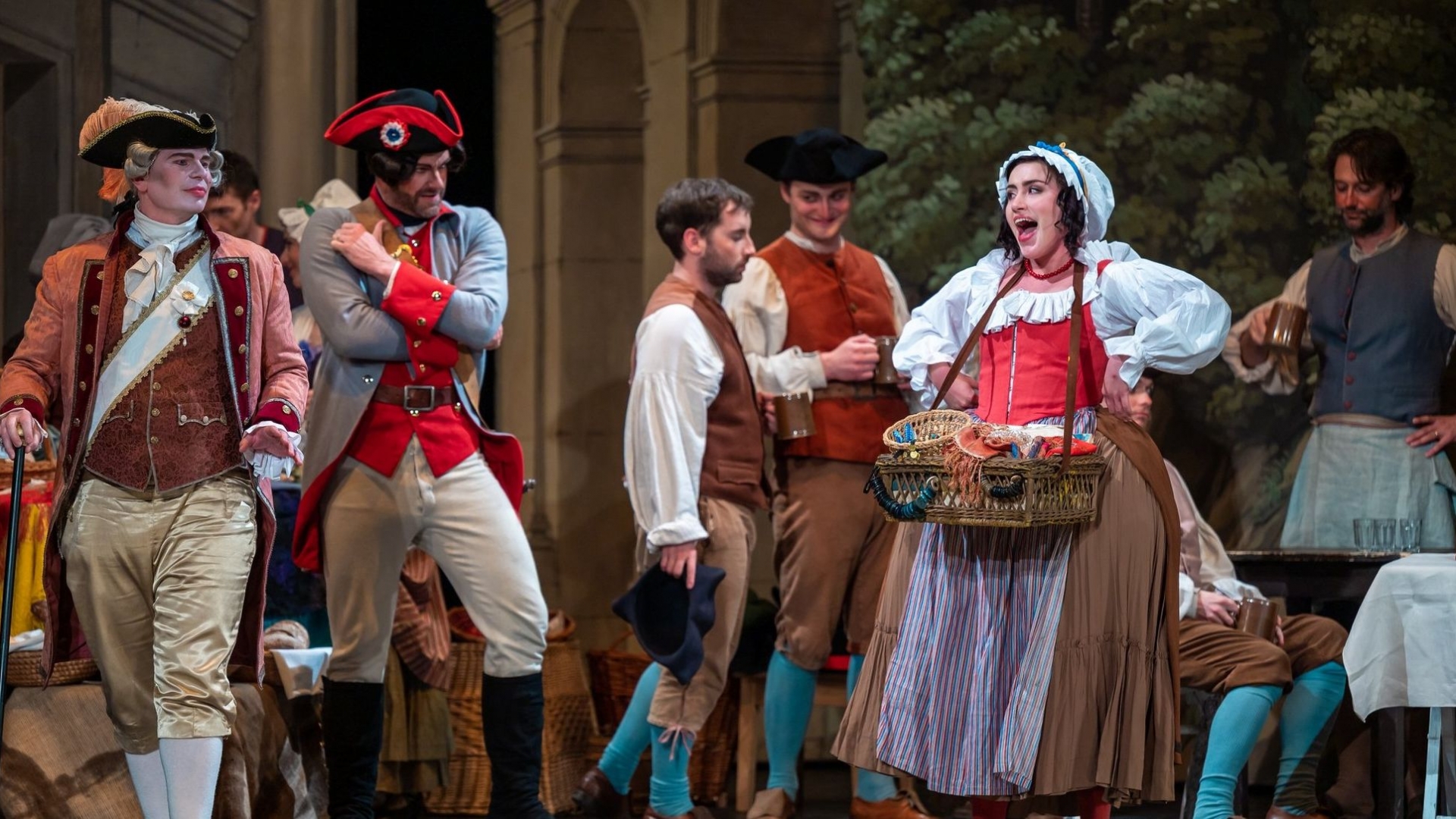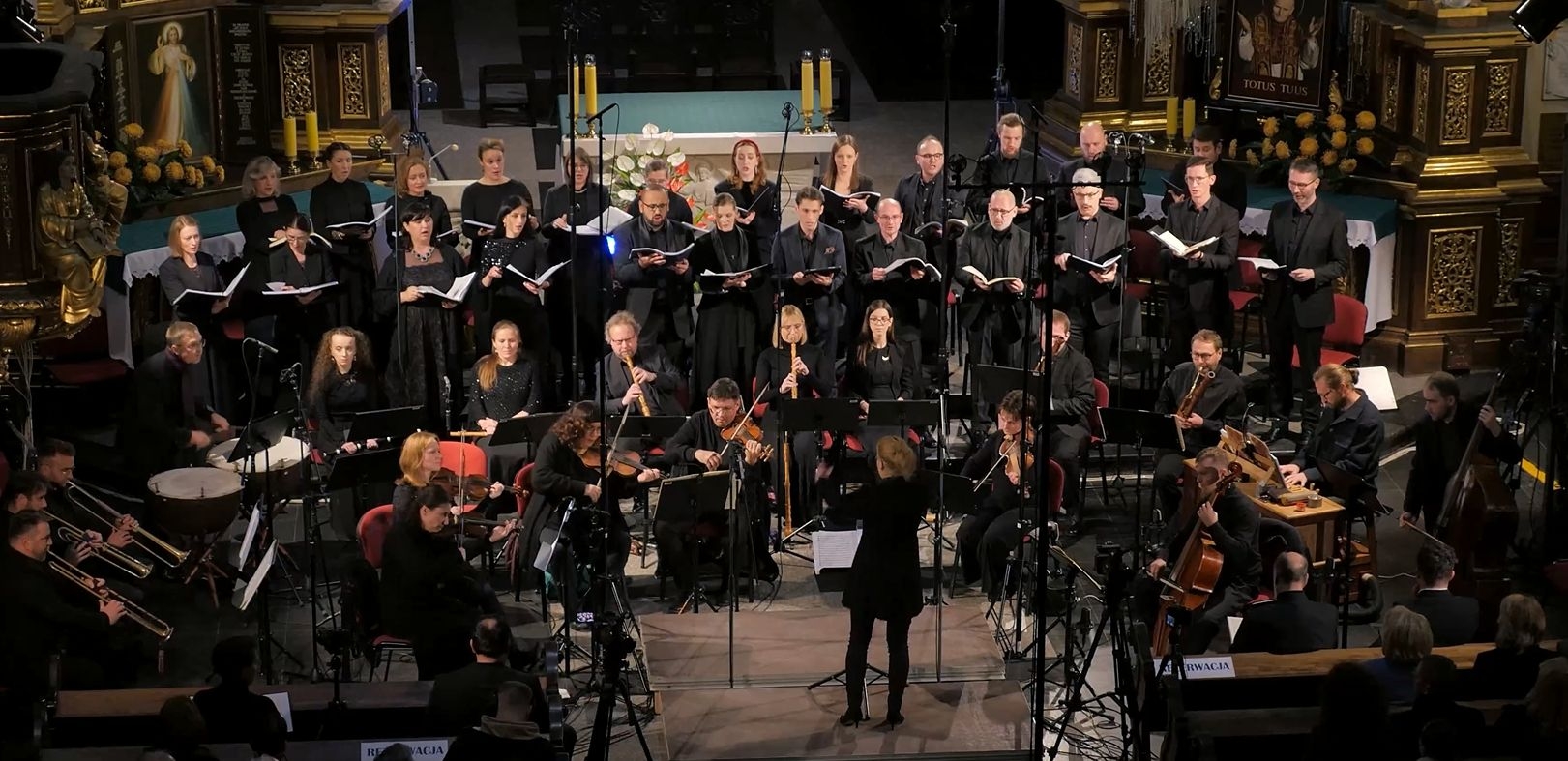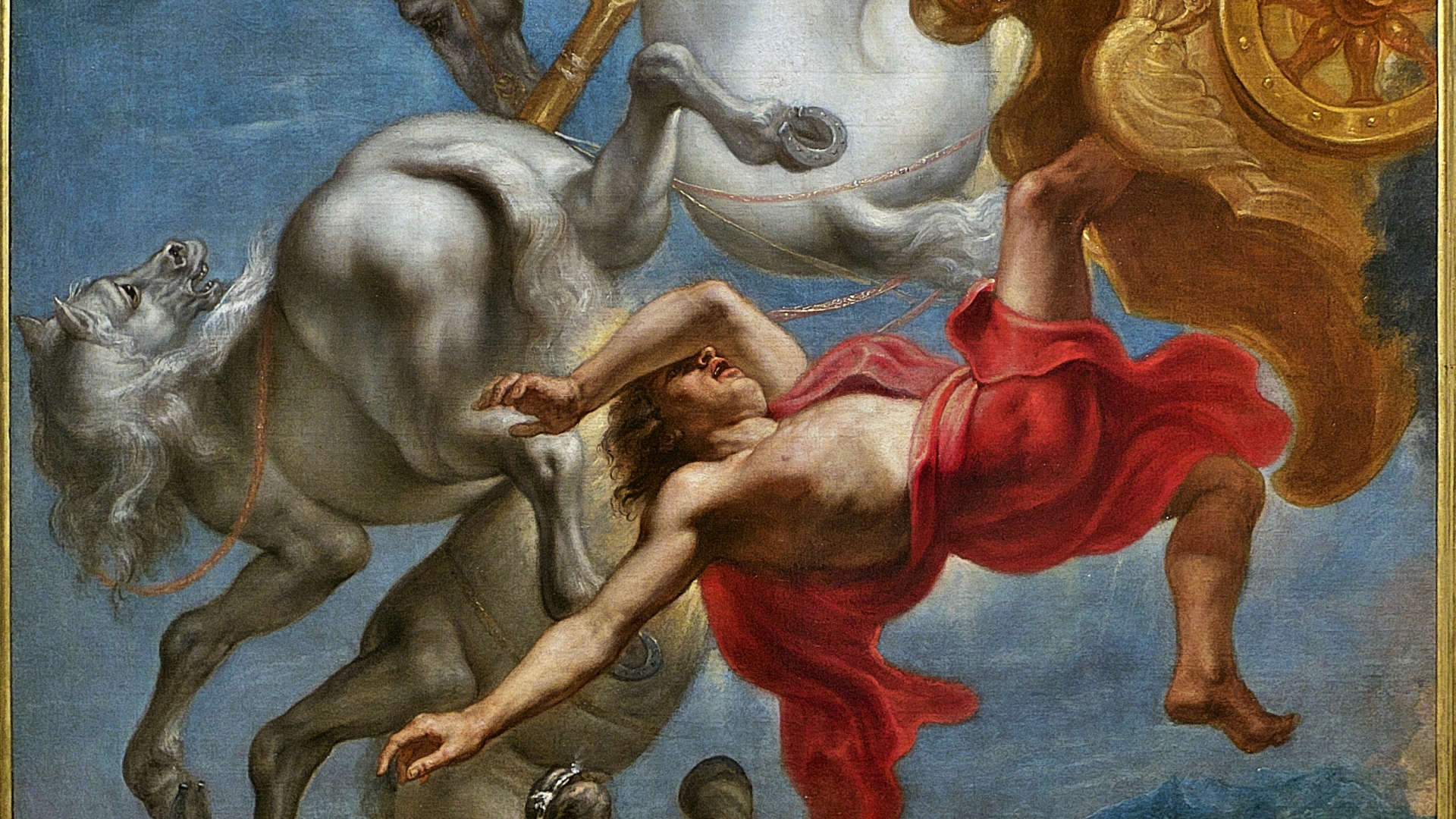Sorry, requested page does not exist
BAROQUE EXPLORATIONS 2024
next concert:
ANDREAS SCHOLL
& BAROQUE COLLEGIUM 1685/ AGNIESZKA ŻARSKA
BACH- SOLO CANTATAS
BWV 54,82,170
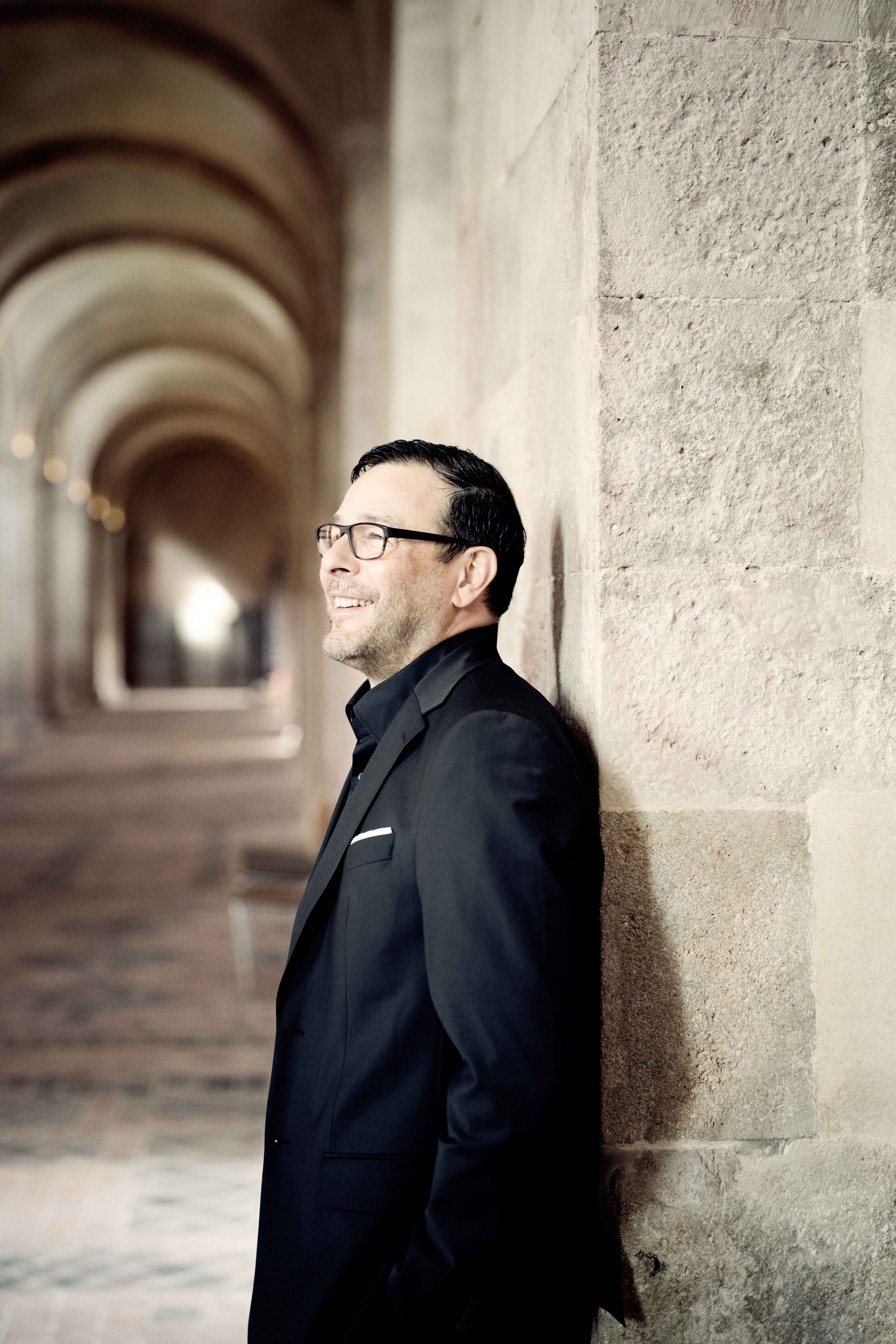
fot. Marco Borggreve
21 September 2024, 7 p.m.
Carmelitan Church
Przemyśl / Poland
addmission free

